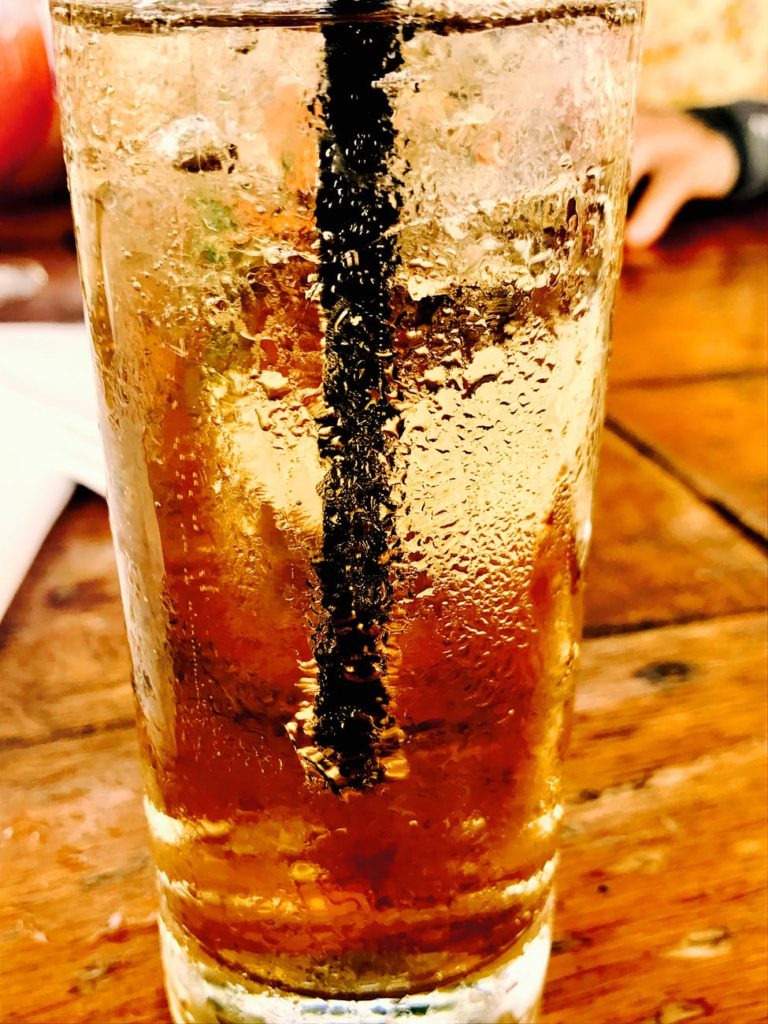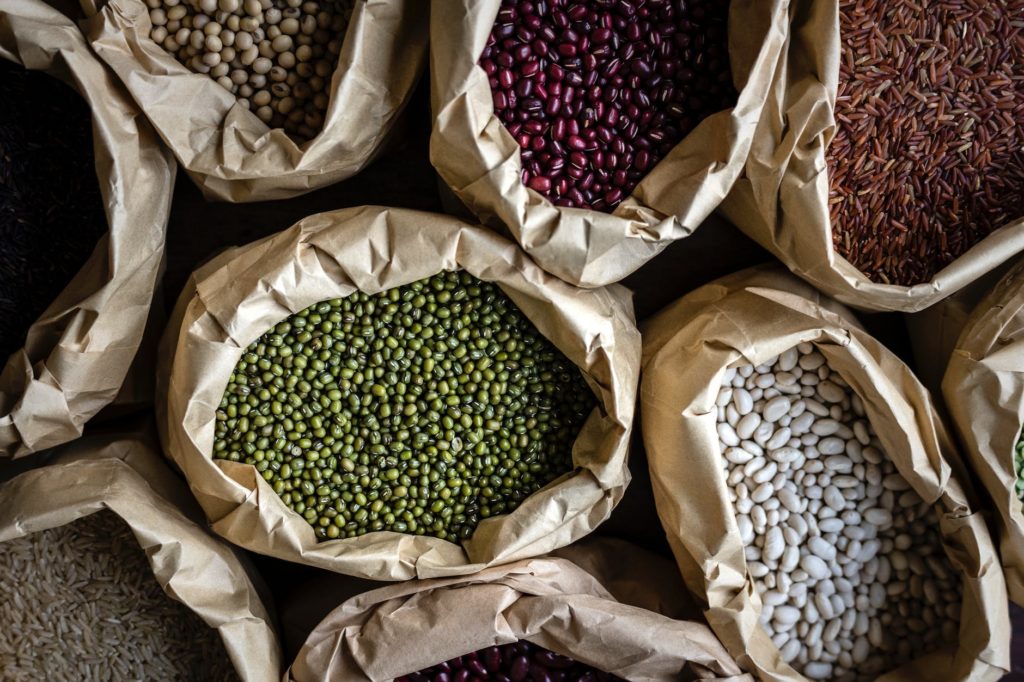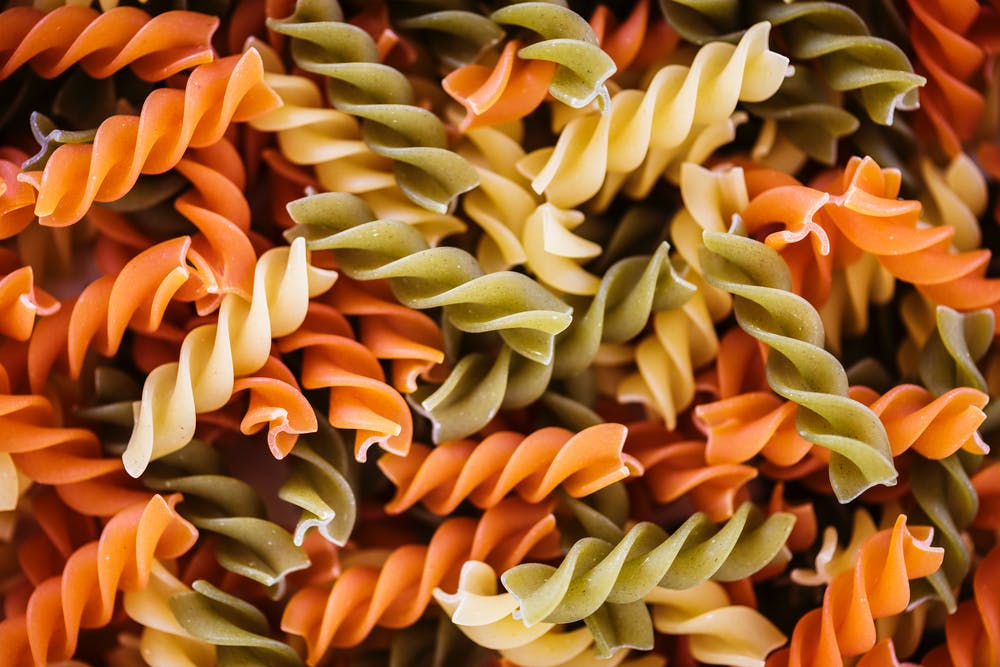Carbohydrates
Carbs. There are so many negative connotations about carbs. Carbs make you fat. You should limit your carbs. Carbs cause diabetes. All of these are myths, unless you are in-taking carbs at an outrageous amount. Carbohydrates are critical to human survival and must be incorporated into the diet.
What are Carbohydrates?
Plants use energy from the sun, carbon dioxide from the air, and water from the soil to create carbohydrates. A carbohydrate is an organic compound containing carbon, hydrogen, and oxygen. Carbohydrates contain only 4 calories per gram, thus a diet rich in carbohydrates usually yields less calories. I won’t bore you with a lot of scientific detail, but lets go into the types of carbohydrates we see in our diets. Monosaccharides include Glucose (supplies energy to cells), Fructose (fruit sugar), and Galactose (milk sugar). Disaccharides include Sucrose (common table sugar), Lactose (milk sugar), and Maltose (product of starch digestion). Some other common types of carbohydrates include Starch, Glycogen, and Fiber.
Why are Carbohydrates Important?
During the process of digestion and absorption in the body, carbs become glucose. Glucose has a huge role, to supply the body with energy. Glucose is the fuel for most cells in the body, and is the preferred fuel for the brain, red blood cells, and nervous system. Different forms of glucose fuel muscle activity. Although fat and protein can be used as energy if the carb supply is low, they have their own functions that they need to be doing. So, without carbs you are slowing down thousands of other bodily processes by making the body use fat and protein for energy. This can deplete your muscle storage and mess with a lot of other processes in the body, especially considering that your brain and red blood cells require a constant flow of glucose.
Are Low-Carb Diets Effective?
There’s no shortage of low-carb diets out there, and for years they have been proven to help aid in weight loss. I’m not telling you that low-carb diets don’t work, but restricting your carbs to a dangerous amount really can have negative effects on your body. Because glucose is the main energy supply of the body, you should never cut it out of your diet for long-term. According the the Mayo Clinic website “If you suddenly and drastically cut carbs, you may experience a variety of temporary health effects, including:
- Headache
- Bad breath
- Weakness
- Muscle cramps
- Fatigue
- Skin rash
- Constipation or diarrhea

In addition, some diets restrict carbohydrate intake so much that in the long term they can result in vitamin or mineral deficiencies, bone loss and gastrointestinal disturbances and may increase risks of various chronic diseases.” I believe you should have a healthy balance of carbs, fats, and proteins in your diet. I do believe American’s should decrease their carb intake, because recent studies show that most of the nation’s carb intake is happening through soft drinks, sugary sweets, sweetened grains, and fruit juice. All of these choices are extremely high in added sugar and definitely contribute to the nation’s obesity problem. Rather than going for a “low carb fad diet” people should try to cut out added sugars, processed junk foods, and refined foods which take out fiber and nutrients. This alone can help with weight loss. As a person who has tried many diets, I realize that limiting myself only made me want the “forbidden food” more. Low-carb may be your go-to diet, which is totally fine, but for long, sustained healthy eating and possible prolonged weight loss, you must choose healthy complex carbs along with fats and protein. The hardest part is choosing the right types of these foods.
Healthy Choices of Carbs
The Acceptable Macronutrient Distribution Range (AMDR) for carbs is 45-65% of a person’s total daily calories. With an emphasis that carbs should be high in dietary fiber and lower in added sugars, some of the best sources of carbs in your diet are:

- Whole Grains: When grains are refined, they lose a lot of their dietary fiber, along with most of their nutrients. It is best to whole-wheat or whole-grain when choosing a product. Even better would be 100 percent whole-grain labeling.
- Whole Wheat Pasta- Brown rice is also a great complex carb, along with quinoa
- Vegetables: Dark Green and Orange Vegetables
- Fruits: Bananas, Cherries, Apples, Blueberries
- Legumes: Lentils, Chickpeas, Peas, and Beans have all been proven to aid in lowering “bad” LDL Cholesterol levels.
- Oatmeal
Looking for more info? Some great sources I’ve found include:
Eat This, Not That
Healthline
Insel, Ross, McMahon, Bernstein (2014) Nutrition, Fifth Edition
